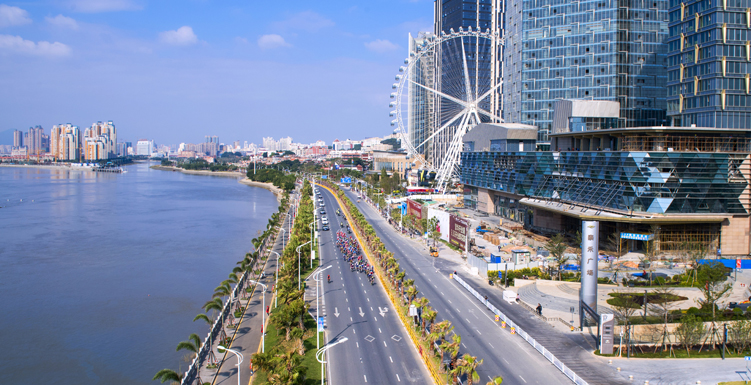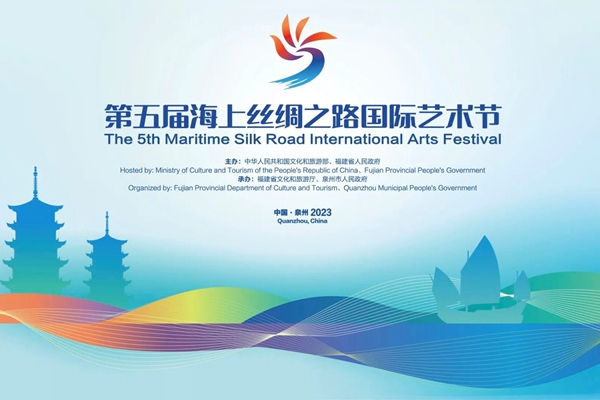Jinjiang

Coastal scenery in Jinjiang, Quanzhou [Photo provided to enquanzhou.com]
Jinjiang is a county-level city on the southeast coast of Fujian province. It has a land area of 649 square kilometers, a sea area of 957 sq km, and coastline length of 121 km. In 1992, the county was set up as a city with 13 towns, six subdistricts and 395 administrative villages (communities) under its jurisdiction.
Its registered population was 1.19 million and the migrant population was 1.03 million. The basic competitiveness of the county economy ranked fourth in China, and it ranked third among the top 100 counties in China in terms of the investment potential of small and medium-sized cities.
Jinjiang has a history of about 1,300 years. During the Song (960-1279) and Yuan (1271-1368) dynasties, Zayton Port in Jinjiang was known as the "largest port in the east", and was recognized as the starting point of the ancient Maritime Silk Road.
Jinjiang is also a famous hometown of overseas Chinese. The city is the ancestral home of about three million overseas Chinese living around the world in more than 60 countries and regions.
Jinjiang has obvious advantages in cultural and economic relations with Taiwan. The city is only about 9.82 km from Taiwan's Jinmen county. There are more than one million Taiwan compatriots whose ancestral home is Jinjiang, and cross-Straits marriage is frequent in the city.
Since China's reform and opening-up began in 1978, Jinjiang vigorously developed private economy, brand economy and real economy, and has formed a characteristic development path. Jinjiang's economic aggregate has been the first among Fujian's county-level cities for 25 consecutive years.
Official data showed that in 2019, Jinjiang's GDP reached 254.62 billion yuan ($36.14 billion), up 8 percent year-on year. Its revenue totaled 22.16 billion yuan.
More than 97 percent of the enterprises in Jinjiang are private enterprises, and the output value, tax revenue and employment created by private enterprises account for more than 95 percent of the city's total.
There are seven industrial clusters exceeding 10 billion yuan in Jinjiang at present (including shoes, textiles and clothing, building materials and ceramics, food and beverage, equipment manufacturing, paper products, and new materials), among which the output value of shoes and textiles and clothing both exceeded 100 billion yuan.
Also, Jinjiang has 46 listed companies. The number ranks first in China's county-level cities. These companies created a total market value of nearly 250 billion yuan.
In addition to economic development, Jinjiang is comprehensively promoting the construction of internationalization. The city has constantly improving its international supporting facilities such as international schools, medical care and communities.

 5th Maritime Silk Road International Arts Festival
5th Maritime Silk Road International Arts Festival 